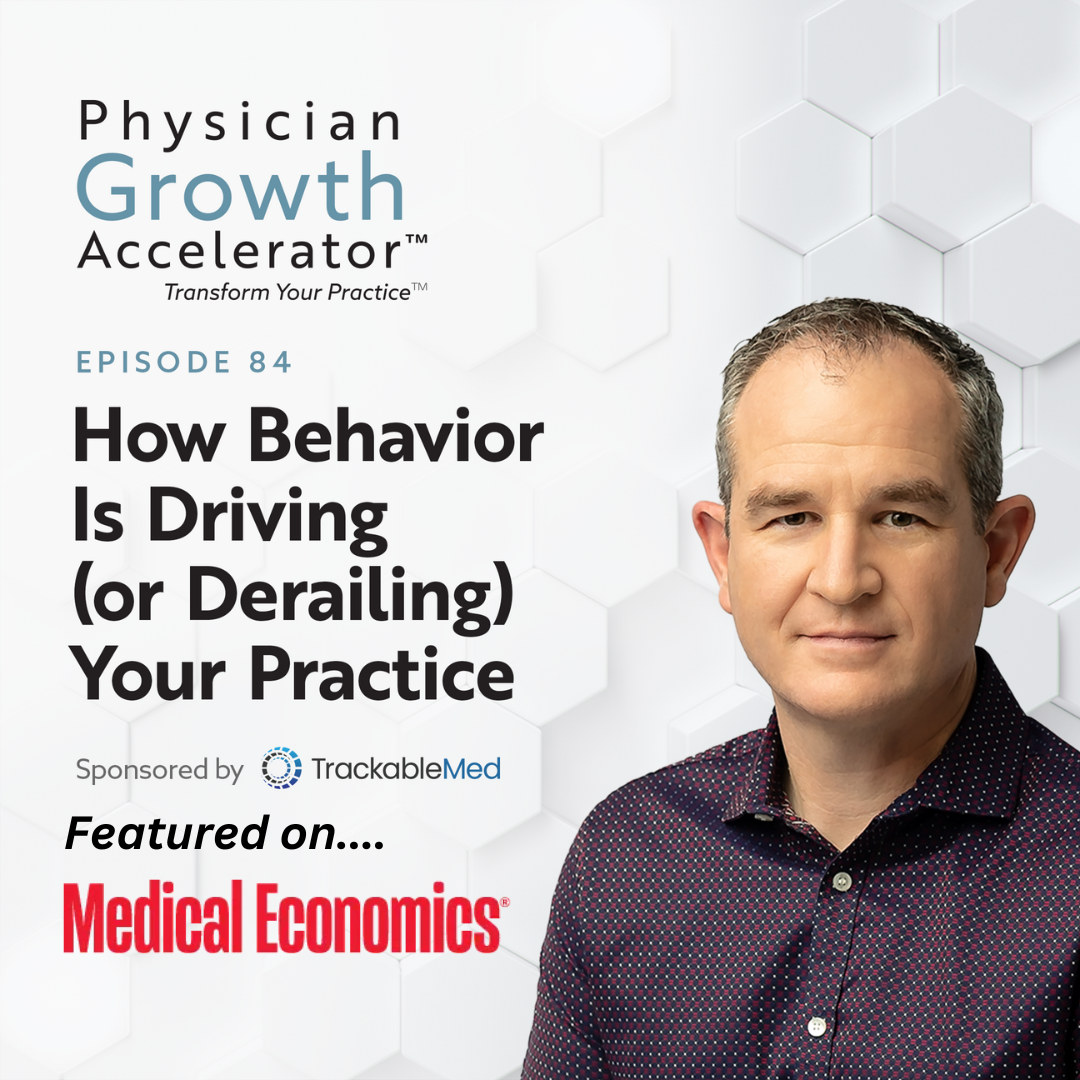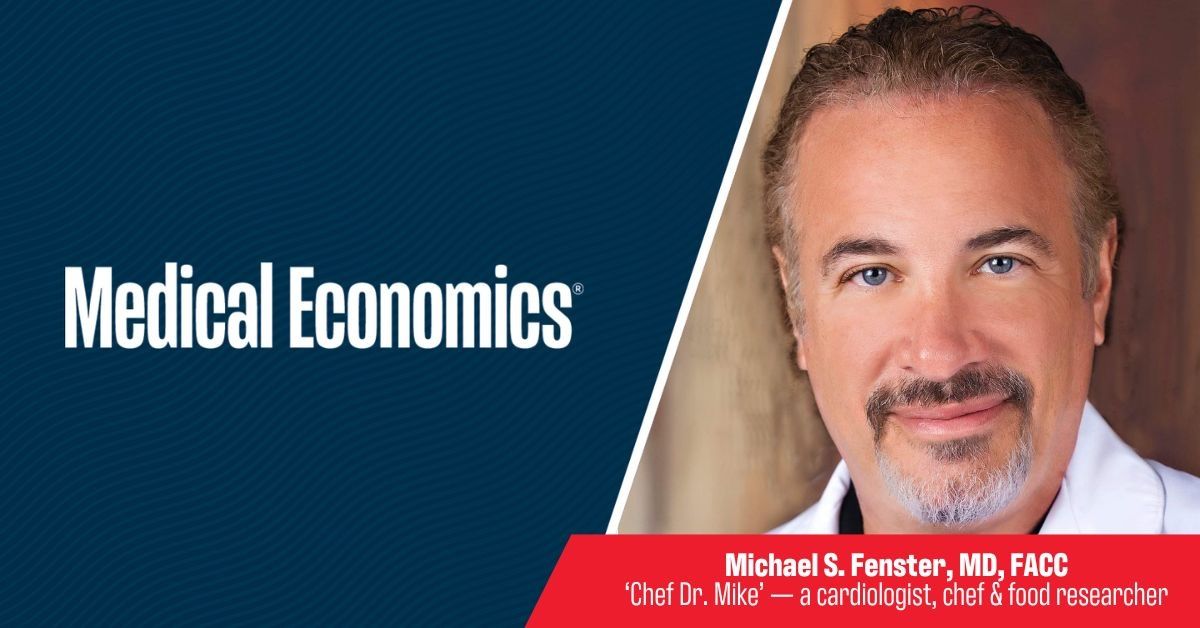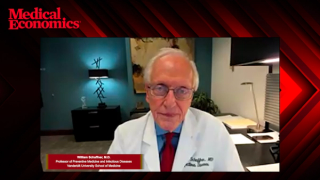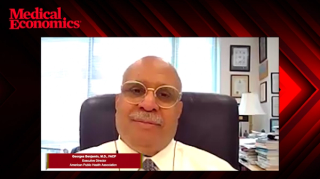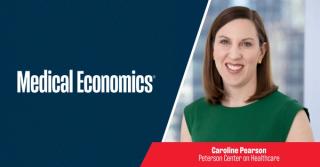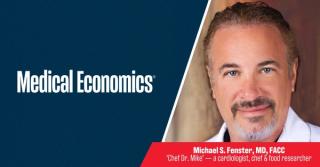
Patient Relations
Latest News
Latest Videos

CME Content
More News
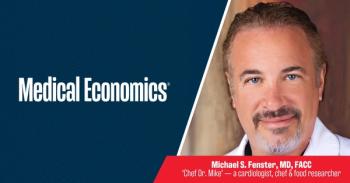
MAHA Report reaction: Addressing health dangers of smoking and alcohol use


A cardiologist, chef and food researcher discusses a new major analysis of American health and nutrition.

A cardiologist, chef and food researcher discusses a new major analysis of American health and nutrition.

A cardiologist, chef and food researcher discusses a new major analysis of American health and nutrition.

A cardiologist, chef and food researcher discusses a new major analysis of American health and nutrition.

Precise targeting to highly relevant audiences is crucial.

A new study finds artificial intelligence can match doctors on facts, but struggles with empathy, nuance and consistency.

A new study finds that clarifying team roles and routing protocols sharply reduced physician message burden without new tech or added costs.
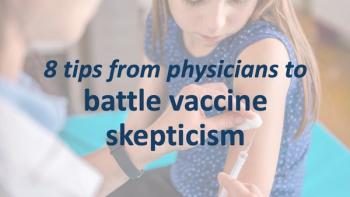
Doctors give advice on the best ways to engage patients and develop trust to prevent illness.
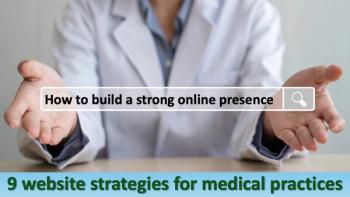
Enhancing patient engagement and practice growth through a good first impression online.

Female primary care physicians spend more time on portal messages and documentation — and report higher levels of burnout and patient hostility — than their male counterparts.
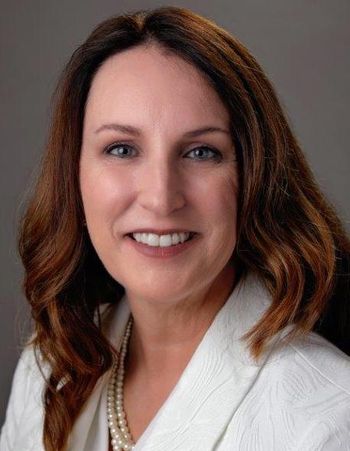
Amid growing demand, primary care physicians find themselves on the front lines of autism detection and referral. Here’s what they need to know about new developments in care.
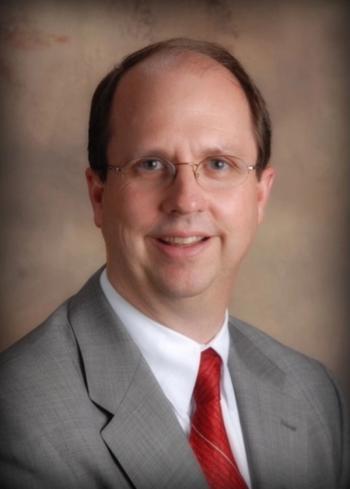
How health care organizations, including physicians’ practices, can address digital barriers and improve outcomes for patients with disabilities.

A new study outlines how AI might support eVisits. Patients are on board, as long as doctors remain in the driver’s seat.
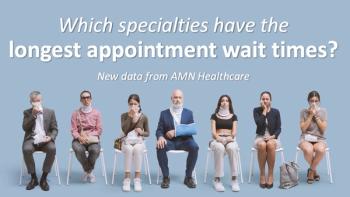
Appointment wait times are growing, according to new data from AMN Healthcare.

Leveraging intelligent automation to streamline workflows, reduce errors and elevate patient outcomes.

Survey finds small practices deliver high satisfaction and deeper patient relationships.

AMN Healthcare data show patients must wait longer to meet with physicians for non-emergency care.

As digital clinics race to capitalize on the GLP-1 weight loss boom, concerns grow over quality, safety and the erosion of patient-centered care.
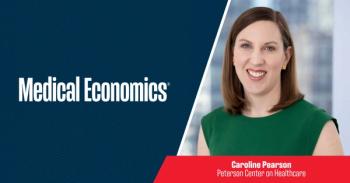
Caroline Pearson, executive director of the Peterson Center on Healthcare, explains a new analysis of use and payment for remote monitoring technologies.
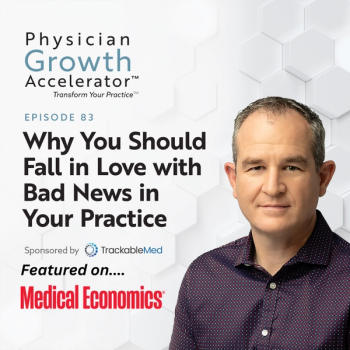
Discover how to transform bad news into a competitive advantage for your medical practice, enhancing management and staff alignment for success.

Vague terms like "common" and "rare" are misleading your patients.
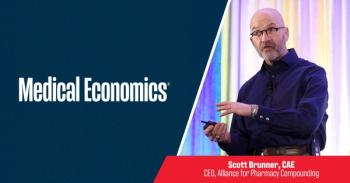
APC CEO Scott Brunner, CAE, discusses compounding drugs, including the GLP-1 RA antidiabetes and antiobesity medications.

A new national report finds primary care physicians diagnose 41% of pediatric major depressive disorder cases, often before crisis hits.



